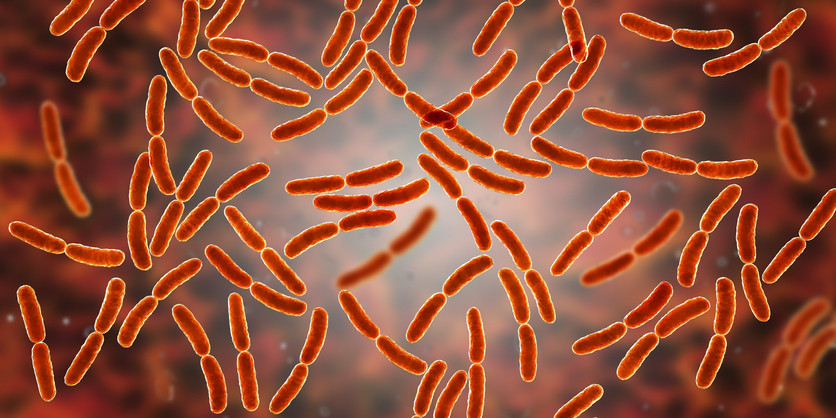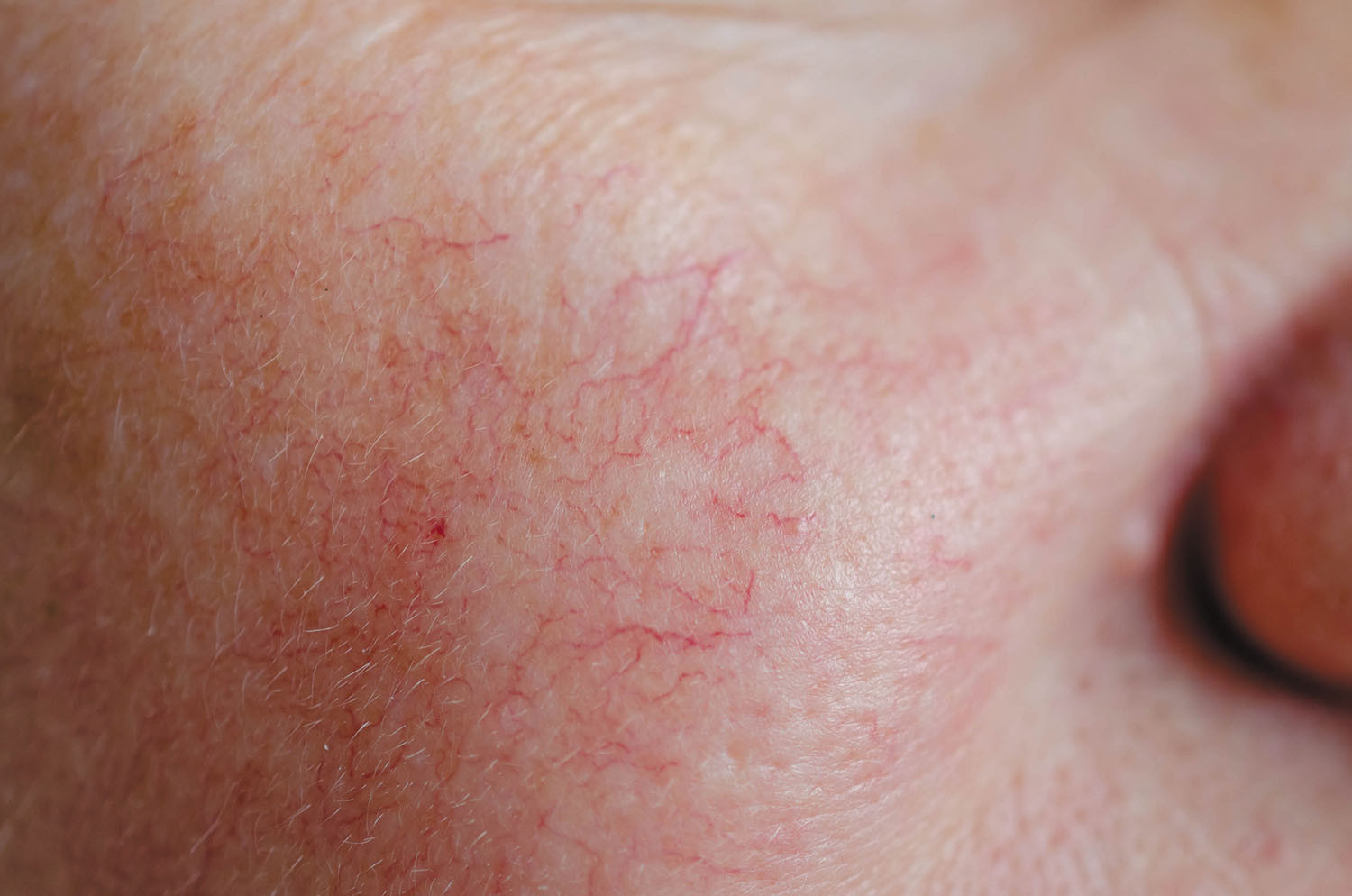
5 timeless habits for better health

What are the symptoms of prostate cancer?

Is your breakfast cereal healthy?

When pain signals an emergency: Symptoms you should never ignore

Does exercise give you energy?

Acupuncture for pain relief: How it works and what to expect

How to avoid jet lag: Tips for staying alert when you travel

Biofeedback therapy: How it works and how it can help relieve pain

Best vitamins and minerals for energy

Should you take probiotics with antibiotics?
Women's Health Archive
Articles
Uterine Cancer
What Is It?
Uterine cancer is the most common cancer of the female reproductive tract. There are two main types: endometrial cancer and uterine sarcoma.
Endometrial cancer is the most common type of uterine cancer. It occurs in the inner lining of the uterus, called the endometrium. The disease generally strikes women between the ages of 50 and 65. Its cause is not fully understood.
Vaginal Cancer
What Is It?
Vaginal cancer is the uncontrolled growth of abnormal cells in the vagina (birth canal).
Cancer that starts in the vagina is called primary vaginal cancer. Primary vaginal cancer is rare. More commonly, cancer cells in the vagina are from cancer that started somewhere else, such as the cervix. There are two main types of primary vaginal cancer: squamous cell carcinoma and adenocarcinoma.
Your breasts may offer clues about your heart health
Could a closer look at your mammogram help guide efforts to prevent heart disease?
Your mammogram could offer a glimpse at more than just the health of your breasts. It may also provide important clues about your heart.
When a radiologist reads a mammogram, she or he sometimes sees little white streaks that look like lines of chalk inside the arteries of your breast. These lines are actually deposits of calcium called arterial calcifications. If you have them, it could mean that you have similar deposits in other arteries inside your body, including those that bring blood to your heart muscle — a known risk factor for heart disease.
Probiotic may help prevent recurrences of bacterial vaginosis
Research we're watching
If you've ever experienced a bout of bacterial vaginosis, a vaginal infection that affects anywhere from 15% to 50% of reproductive-age women, a study published May 14, 2020, in The New England Journal of Medicine may be of interest. It found that women who inserted a type of probiotic called Lactobacillus crispatus (Lactin-V) in their vagina twice per week were less likely to have a recurrence of bacterial vaginosis than women who did not. Experts don't fully understand what causes bacterial vaginosis, but it is associated with an overgrowth of some microorganisms (such as Gardnerella vaginalis or Prevotella), which outnumber healthier types of vaginal bacteria, including a common one called Lactobacillus. In many cases, the condition will recur after treatment. All of the 228 women in the study were initially treated for bacterial vaginosis with the standard topical antibiotic metronidazole (MetroGel Vaginal). But after that treatment, 152 of the women were assigned to use Lactin-V for an additional 11 weeks. The remainder of the group got a placebo treatment. Researchers found that only 30% of the Lactin-V group had a recurrence of bacterial vaginosis by week 12, compared with 45% of the placebo group.
Image: © spukkato/Getty Images
Women's group recommends more screenings for anxiety
Research we're watching
A national coalition of women's health organizations recommends screening all adolescent girls (ages 13 and older) and adult women for anxiety. The goal is to improve detection and treatment for this common condition. The Women's Preventive Services Initiative (WPSI) recommends screening to look for all types of anxiety disorders, such as panic disorder, social anxiety disorder, and generalized anxiety disorder, in addition to depression screenings, which are already recommended for adults, says the WPSI. It would be up to individual clinicians to determine how often to do the screenings and to refer women and girls for follow-up examinations and screening.
Image: fizkes/Getty Images
An emerging link between the urinary microbiome and urinary incontinence
The discovery that the urinary tract has a microbiome analogous to the one in the digestive tract has led to research showing that in women with urinary incontinence, their urinary microbiome differs from those in women who do not have urinary incontinence.
Rosacea can flare at menopause
Tips to help you treat this common skin condition.
You thought you left acne behind you in your teen years, but here you are at midlife with a breakout. But it might not be what you think. Rosacea is often mistaken for acne, and the condition, which most often begins after age 30, sometimes flares at menopause, says Dr. Suzanne Olbricht, an associate professor of dermatology at Harvard Medical School.
A common skin condition affecting some 16 million Americans, rosacea most often develops in people with fair skin who blush easily. Rosacea is sometimes mistaken for sunburn, a naturally ruddy complexion, or even an allergic reaction. It produces a number of skin problems, including
Can I do anything to prevent urinary incontinence?
Ask the doctors
Q. I'm hoping to prevent urinary incontinence. Is there anything I can do?
A. Nearly half of all women experience some type of urinary incontinence during the course of their lives. It may not be possible to prevent all of these cases, which can be caused by pregnancy, childbirth, or hormonal shifts that occur around the time of menopause. Here are some strategies that may help to reduce your risk.
Can I outwalk breast cancer?
Ask the doctors
Q. I've heard that walking could reduce my risk of breast cancer. Is this true?
A. Yes, it's true. Walking is not only a great form of exercise to help keep your heart healthy, it could potentially reduce your risk of breast cancer. One 2013 study, published in Cancer Epidemiology, Biomarkers & Prevention, found that women who walked seven hours a week — an hour a day on average — had a 14% lower chance of getting breast cancer when compared with women who walked three hours a week or less. The benefit was seen even in women who were at higher risk for breast cancer, including those who were overweight or who were taking hormone therapy. It's not clear how walking helps, but experts speculate that physical activity might help keep the body's levels of estrogen and insulin in check. Both of these hormones can fuel breast cancer, so regulating them more effectively could reduce your risk.

5 timeless habits for better health

What are the symptoms of prostate cancer?

Is your breakfast cereal healthy?

When pain signals an emergency: Symptoms you should never ignore

Does exercise give you energy?

Acupuncture for pain relief: How it works and what to expect

How to avoid jet lag: Tips for staying alert when you travel

Biofeedback therapy: How it works and how it can help relieve pain

Best vitamins and minerals for energy

Should you take probiotics with antibiotics?
Free Healthbeat Signup
Get the latest in health news delivered to your inbox!
Sign Up









